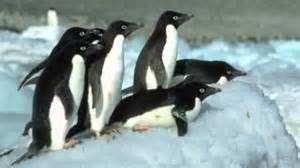As a fan of Kate DiCamillo, I’m delighted to report that Flora and Ulysses The Illuminated Adventures does not disappoint. In fact, it may have just become my favorite book of hers. This 2014 Newbery Medal winner is mostly a standard text, but it’s sprinkled with scenes like a graphic novel thanks to illustrator K.G. Campbell. While Flora and Ulysses is perfect for readers eight to ten years old, the story appeals to every age.
Synopsis
Listen. Do not hope. Instead, observe. Ten-year-old Flora is a natural born cynic. She depends on her comic book, The Illuminated Adventures of the Amazing Incandesto!, to help her survive if terrible things should happen to her. (It has a handy-dandy bonus section titled, TERRIBLE THINGS CAN HAPPEN TO YOU!). Flora is hanging in there after her parents’ divorce, but Mom pays more attention to her writing career than to her daughter. And Dad only gets to visit.
Flora rescues a squirrel that was accidentally vacuumed up by her neighbor. Once she has resuscitated him, she names him Ulysses and discovers he has acquired extraordinary powers as a result of his near-death experience. He can read, he can type, he is super-strong. And he can fly.
As you can see, Flora and Ulysses pops the reader into a rollicking story from the get-go. But as the novel develops, sadness underlies many characters’ lives. While Flora holds fiercely to her cynical persona, she gains compassion for Ulysses, her dad, William Spiver from next door, and finally, for her mom. Flora learns to love and be loved.
Pros
- Every chapter entertains. It even has chapters from the squirrel’s point of view!
- This book could be very helpful to children whose parents are divorced. While there is hope for reconciliation between Flora’s mom and dad, Andrew Spiver doesn’t have that hope, but he does have friends to help him cope.
Cons
- …
- I can’t think of any negatives.
Discussion Questions
- How did Ulysses get his superpowers?
- Why was Flora jealous of a lamp?
- Why does Ulysses love Flora?
- Who was your favorite character and why?
Conclusion
Read it.




